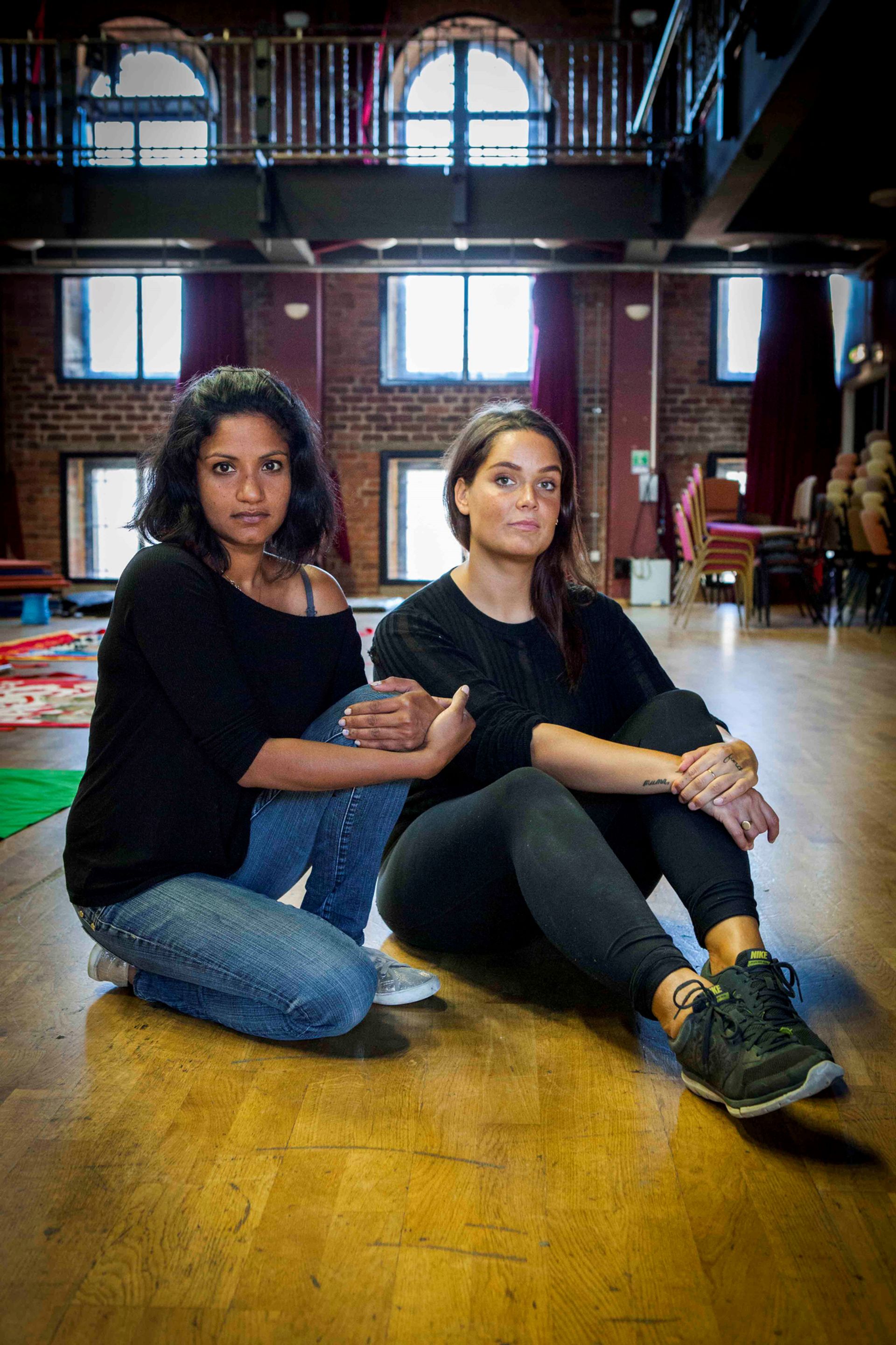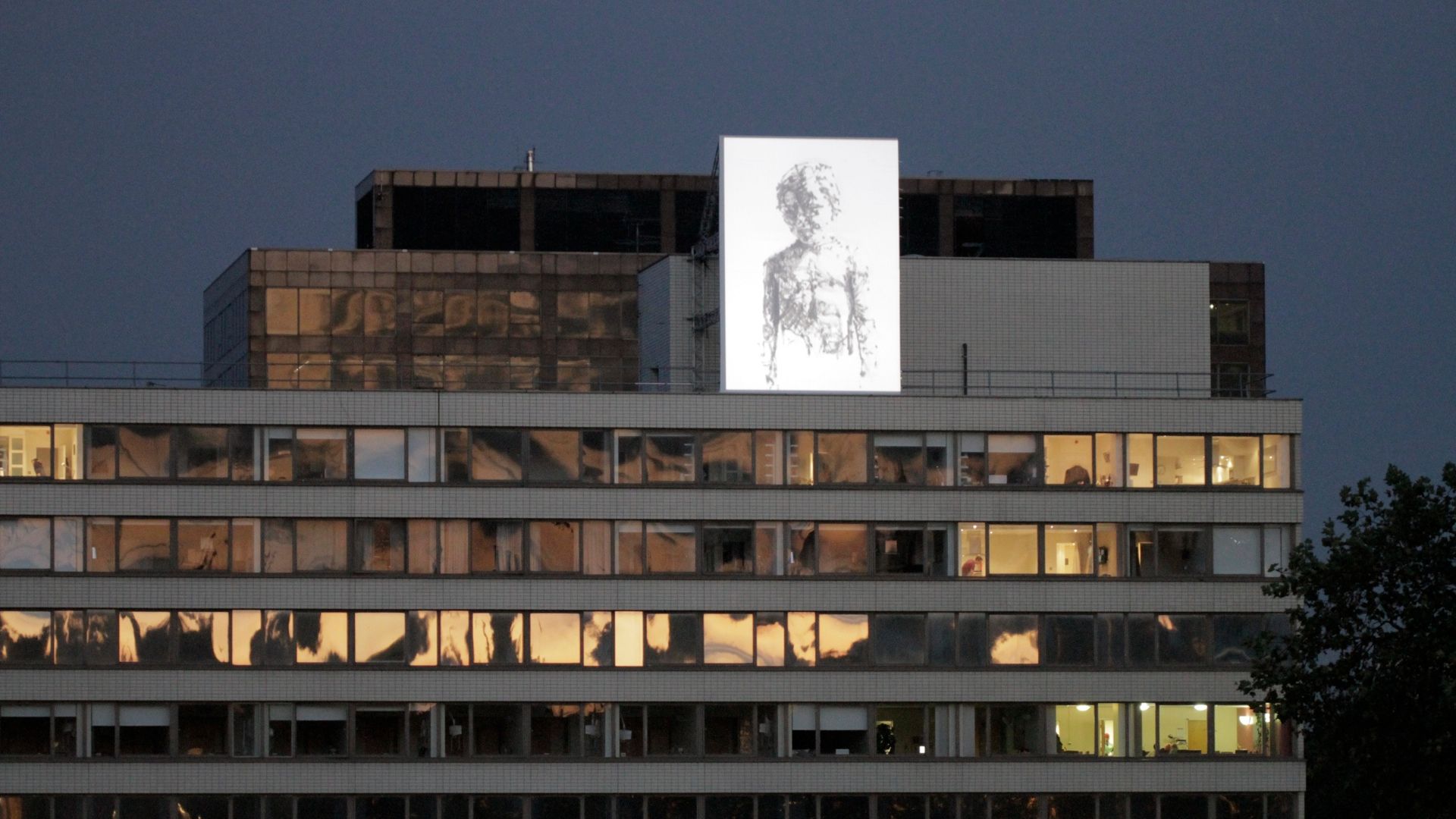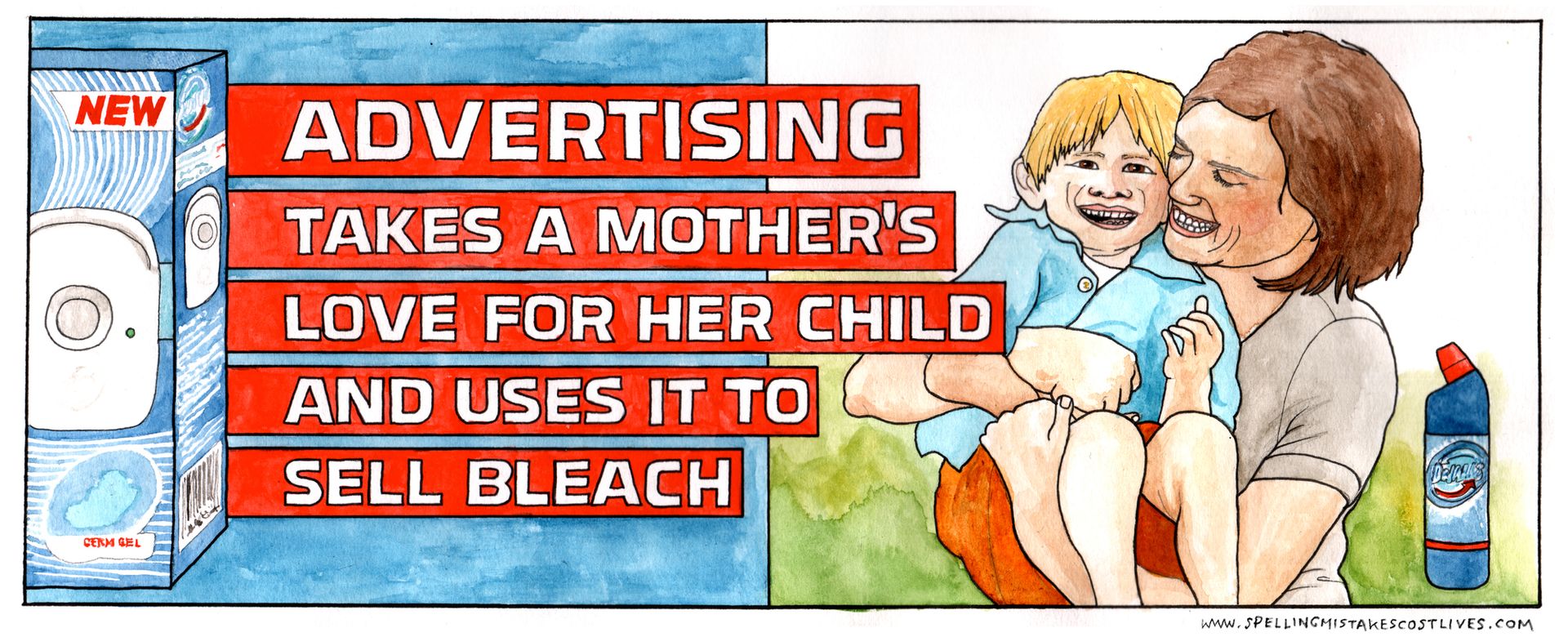The UK’s Labour Party is experiencing its biggest crisis for 30 years, and it comes to a head this weekend. The result of its leadership election, a battle between the incumbent leader, left-winger Jeremy Corbyn, and the more centre-left candidate Owen Smith, is due on Saturday, 24 September. When the winner—almost certainly Corbyn—is announced, the party will be in Liverpool for its annual conference. Alongside it runs The World Transformed, a four-day politics and arts festival organised by Momentum, the controversial activist organisation born out of Corbyn’s successful leadership campaign. The event places visual art, by figures as diverse as blue-chip gallery artists like Jake and Dinos Chapman and more guerrilla artists like satirist Darren Cullen, at the heart of this fierce fight for Labour’s soul.

The idea for the event “started from the arts, but it has grown into a more political and cultural festival” says Natasha Josette who, with Jessie Hoskin, founded Anti PV (anti-private view), which is curating the visual arts element of the event. “We started talking about how we could do a political and arts cultural festival, not necessarily Momentum-based, but alongside it, with the same kind of ideas and principles, but taking it a bit further and talking more about social engagement.”
The festival’s art programme, featuring an exhibition as well as panel discussions, was conceived so that “the artwork was enriched by the narrative of the panel discussions, rather than being a backdrop for them. Making sure that it wasn’t decorative and that it was based on the key ideas of the festival,” Hoskin says. Topics to be covered include The New Politics of Art and Music, Art and Women.
Among the artists involved is Dryden Goodwin, an artist whose work is in the Tate collection. He says that Corbyn’s “emphasis on the arts”—the Labour leader promised in August to reverse the Conservative Tory government’s cuts to arts expenditure if he was elected—“makes a lot of sense”. Goodwin is showing his video Breathe (2012), a constantly evolving series of drawings of his son, made when his son was five, that grew out of conversations with Professor Frank Kelly, the government advisor on air pollution.

The display of the work is apt, he says, because “it’s my son but it becomes a figure of any child. And imbued in the image of the small child there’s a sense of hope and vulnerability and needing to be attentive… it’s about the need for transformation of sorts, and a sense of a responsibility and a more humane world.”
In stark contrast to Goodwin’s poetic animation is the work of Darren Cullen, whose 20-page comic (Don’t) Join the Army, a blackly humorous satire of military recruitment, was recently acquired by the Victoria and Albert Museum. For The World Transformed he shows posters for his installation Pocket Money Loans, a mock payday loan kiosk for children, and prints that satirise “the way the media creates a narrative about issues such as immigration, unemployment and consumerism”.
Cullen is typical of the new generation supporting Momentum in that, for him, the centre-left New Labour party led by Tony Blair had always been “massively disappointing”. But with Momentum’s emergence he “was really quite excited by this movement that was making the Labour party relevant again”. The festival, he feels, is “a perfect expression of what the promise of this new type of politics is”.
Although Corbyn plans to attend, the wider Labour party has “no connection” with the festival, Josette says. “The shadow cabinet of the Labour party haven’t had a say in it, and that’s very much the ethos of the festival: it’s about getting people who want to be part of it, who aren’t necessarily in the Labour party conference, to give them a platform to speak.” The Art Newspaper contacted Kelvin Hopkins, the shadow culture secretary, for a comment, but he was unavailable. Meanwhile, the festival is free to attendees and being run entirely by volunteers, including Josette and Hoskin, and the £30,000 cost is being raised through crowdfunding and a raffle of original works by artists in the exhibition and others who could not take part.
The high prices commanded by some participating artists may help the festival meet its costs, but, this being a socialist movement, will the discussions offer a critique of the art market? “To a certain extent we want to avoid critiquing the art world or any section politically,” Josette says, “because the focus has been about creating an environment that is different and entering a dialogue between all the artists on the panel and the people who are coming to the panel. What future can we imagine for our artists? What do we need to survive on a living wage?”

But Cullen suggests that “much of the art industry as a whole isn’t interested in politics, because you have the potential of putting off buyers, and collectors tend to be rich and tend to be right-leaning. So you make a choice: there are some artists who, for the sake of having a career, like to depoliticise their work or not make anything political, or that says anything, to start with.”
Can the event offer hope to the ruptured party? The emergence of Momentum, which now has 18,000 members, has been one of the biggest sources of Labour party angst. The organisation itself says it seeks to “strengthen the Labour party by increasing participation and engagement at local, regional and national levels”, but its detractors argue that it is an aggressive “party within a party” that wants to drive Labour inexorably (and unelectably) leftwards. “You can’t go into this without being conscious of [the divide],” Goodwin says, “and I suppose, in a way, because of the themes of the show, it is about expressing the need to focus on those, rather than the factions that are splitting off.”
• The World Transformed, The Black-E, Liverpool, UK, 24-27 September

